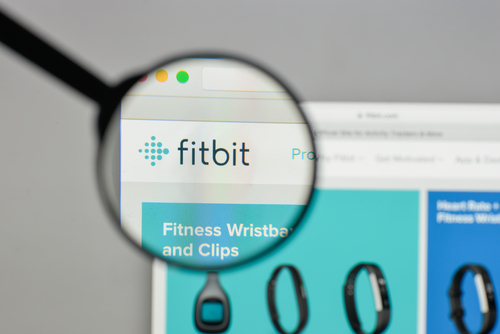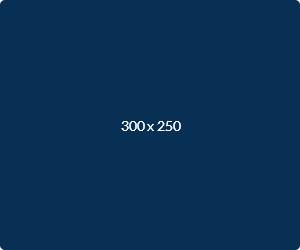



Get new exclusive access to healthcare business reports & breaking news




Welcome to Fitbit Charge 3, the significant upgrade to the bestselling Charge 2 device. The new tracking feature called Sleep Score beta (SpO2) detects sleep disturbances that could indicate health issues like allergies, asthma, or sleep apnea. The new Fitbit Charge 3 is part of Fitbit’s bigger goal of developing FDA-regulated software for sleep and heart conditions.
Fitbit, the leading global wearables brand, has been working for years to develop technology that can read sleep patterns and understand their impact on customers’ health.
Take for instance their Alta HR heart rate wristband. The device uses sensitive motion detectors to determine how much time a user spends in each sleep stage, a telltale sign of one’s sleep quality. Over the past nine years, the company has built one of the largest databases of sleep, with more than 7.5 billion nights tracked.
The Fitbit database has led to some interesting discoveries that could prompt customers to change their sleep behaviors for the better and improve sleep quality. One valuable finding? One in four people try to make up for the lack of sleep during the week by getting more shut-eye on weekends. In the long term, this strategy can have serious health consequences.
“We can deliver insights to these users […] and suggest how to set up a sleep schedule. In the future, we hope to provide more guidance to our users to reduce the risk of disease,” said Shelten Yuen, VP of Research at Fitbit.
The SpO2 feature included in the Fitbit Charge 3 is one important step in reducing the risk of heart conditions.
It will track breathing disruptions to predict users’ risk of health issues such as allergies, asthma, or sleep apnea and alert them when they should see a doctor.
Fitbit is one of nine companies in the FDA’s digital health software precertification pilot program. At the end of the program, Fitbit’s software could be validated as a medical device for various health conditions including sleep apnea and atrial fibrillation.
While the Fitbit Charge 3 has many of the features included in the previous Charge model (non-health features like Fitbit Pay; call, calendar, and text message notifications), it also has some unique additions. The new model is water-resistant and boasts a smartphone-like interface; users can swipe between apps on a larger high-resolution touchscreen. Additional features include menstrual cycle tracking and guided breathing relaxation programs.
“Charge 3 gives existing users a compelling reason to upgrade, while also allowing us to reach new users who want a sleeker, more affordable wearable in a tracker form factor,” CEO Fitbit James Park said in a statement.
Fitbit’s Charge line is the company’s best-seller, with 35 million devices sold so far. The Charge 3, which the company is calling their “most advanced tracker ever,” costs $150, which is considerably cheaper than a smartwatch – Apple’s smartwatch starts at $249.
Fitbit banks on research showing that people will continue to prefer fitness trackers over smartwatches. According to their research, 42% of people who thought about purchasing a wearable in 2017 were leaning towards a tracker versus 36% who wanted a smartwatch.
So far, Fitbit has a major advantage over Apple. Though Apple bought the Finnish sleep science company Beddit last year, it has yet to include a sleep-monitoring app into its smartwatch.
Another move that gives Fitbit some leverage over its competitors? Getting its products into insurance plans offered by Blue Cross Blue Shield (BCBS). As part of this partnership, Blue Cross Blue Shield members will be able to purchase a Fitbit device at a significant discount which ranges from 15% to 49% off Fitbit products including Charge 2.




Necessary cookies are absolutely essential for the website to function properly. This category only includes cookies that ensures basic functionalities and security features of the website. These cookies do not store any personal information.
Any cookies that may not be particularly necessary for the website to function and is used specifically to collect user personal data via analytics, ads, other embedded contents are termed as non-necessary cookies. It is mandatory to procure user consent prior to running these cookies on your website.


Join 50,000 healthcare professionals and get our weekly newsletter delivered to your inbox. Breaking industry news, startup innovation alerts & emerging HealthTech News. Be in the know!
Your work email here


